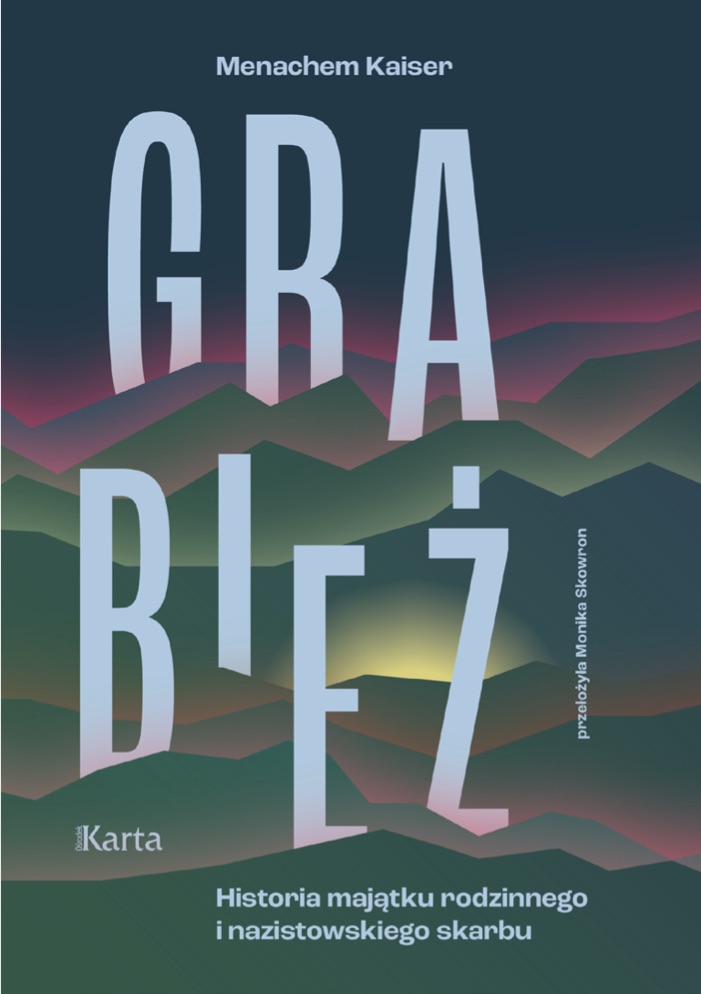It is our pleasure to invite you to the meeting with
Menachem Kaiser
the author of a critically acclaimed, award-winning debut memoir Plunder
and Monika Skowron
who translated the book into Polish (Grabież).
Thursday, April 13, 2023
at 4:45 p.m.
The event will be moderated by Prof. Tomasz Basiuk.
You can get 3 OZN points for participating.

Where?
Dobra 55, room 2.118
(the building features some mobility accommodations: ramp and lift)
Who?
Menachem Kaiser is the author of a critically acclaimed, award-winning debut memoir Plunder. A Memoir of Family Property and Nazi Treasure (2021), which has been translated into Dutch, German, and Polish. A frequent visitor to Poland, Kaiser sought to recover a piece of real estate which had once belonged to members of his family. While the unusual focus on property is a way for Kaiser to critique rote, exploitative, and excessively sentimental “third generation” memoirs written by descendants of Holocaust survivors visiting the alte heim (“old country”), his own quest to regain a house in Sosnowiec made him accidentally discover that a long-forgotten relative was an inmate at the Gross Rosen camp who kept a diary that not only remains in print but is avidly read by Nazi treasure hunters in Lower Silesia.
Monika Skowron has translated dozens of books from the English, including Plunder.





